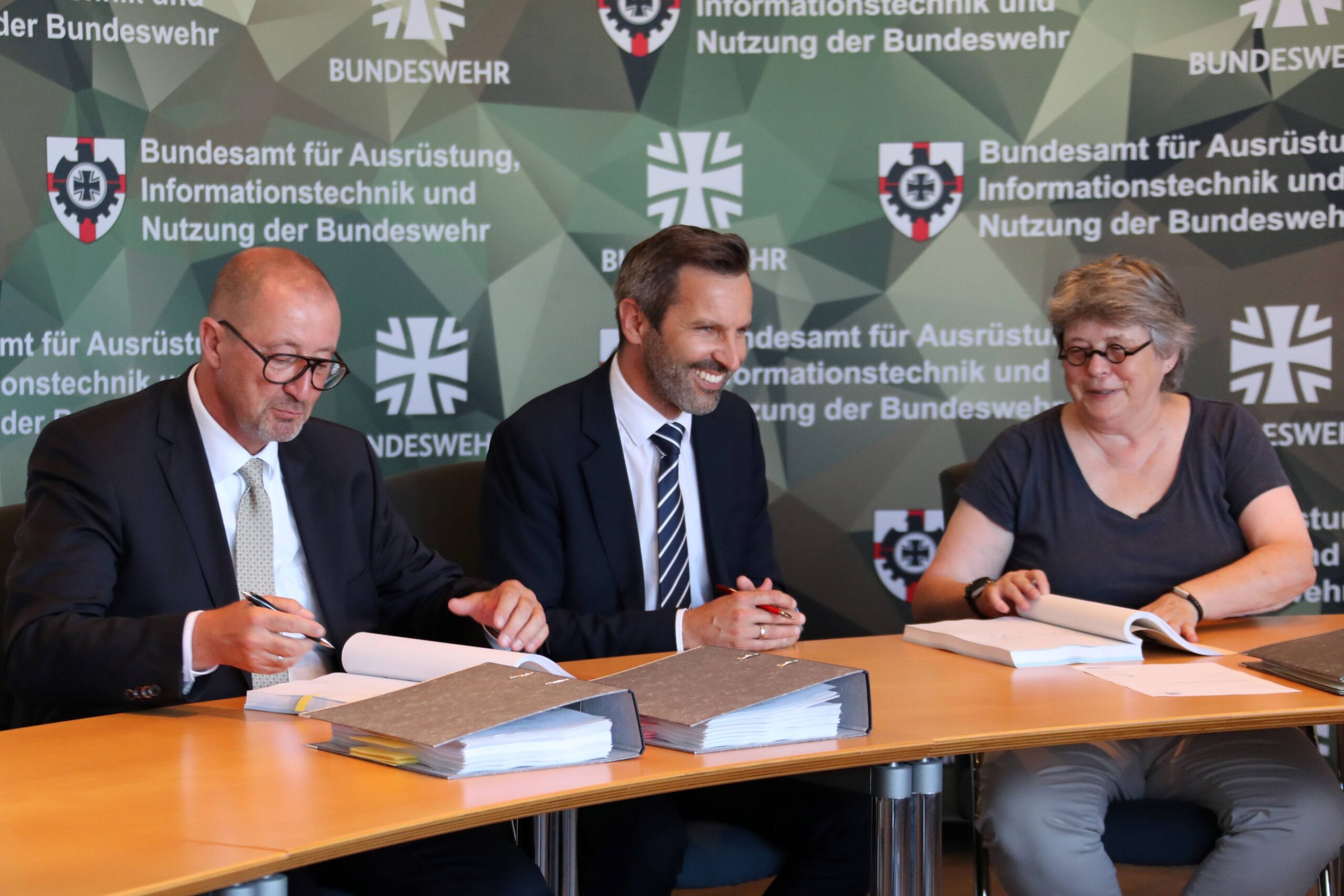As wildfire risk to people and property continues to be a growing problem around the world, the National Fire Protection Association (NFPA), a recognized leader on fire and life safety, has announced a formalized relationship with FFA Non Profit Company, a registered public benefit organization in South Africa that works with public and private sectors, and donor and government agencies to address wildfire safety concerns in the wildland/urban interface (WUI). The two organizations have built up a working relationship around wildfire safety issues since 2006, and will support each other’s missions to further protect people and property at risk from fires.
A Memorandum of Understanding (MOU) signed by both organizations will serve as the framework of cooperation between NFPA and FFA Non Profit Company and relates to the delivery of WUI education and wildland fire risk mitigation programs.
“NFPA joins much of the international community as concerns increase about how to protect lives and property when wildland fires occur where people live,” said James M. Shannon, NFPA’s president. “Joining together with FFA Non Profit Company to expand the outreach of wildland fire safety information and initiatives throughout South Africa is a great opportunity to collaborate on a common goal – reducing the losses associated with wildfire.”
Through the Firewise Communities/USA®, and Fire Adapted Communities programs, education, trainings, conferences and workshops, NFPA continues to advance its safety mission to protect lives and reduce injuries and property loss due to wildfire. NFPA will support FFA Non Profit Company in its efforts to further develop their FireWise Programme, similar in scope to the Firewise Communities/USA program.
“We look forward to working with NFPA to meet the challenges of wildland/urban interface fires,” said Val Charlton, FFA Non Profit Company managing director. “South Africa is a developing nation with a high level of poverty and a rural population that lives in high-risk wildfire areas. Working with NFPA and others in the international community allows us to openly share research, best practices and important lessons in our efforts to create safer, more fire-adapted communities.”
About FFA Non Profit Company (FFA NPC)
The mission of the FFA Non Profit Company is to support and further the implementation of all aspects of Integrated Fire Management, with a key focus on the Wildland/Urban Interface, by facilitating the development of relationships, funding mechanisms and projects that will provide the enabling environment for implementation to take place. As a registered public benefit organization, the FFA Non Profit Company provides a platform for civil society, the private sector, donor and government agencies to combine their Integrated Fire Management efforts. Since 2004, the theme “Landusers must take responsibility for their land’ has been a strapline for the work undertaken by the public benefit organization.
About Firewise
The Firewise Communities Program encourages local solutions for safety by involving homeowners in taking individual responsibility for preparing their homes from the risk of wildfire. Firewise is one element of the Fire Adapted Communities initiative – a national effort that engages homeowners, firefighters, civic leaders and land managers to reduce wildfire risk in communities throughout the United States. The Firewise Communities Program and the Fire Adapted Communities initiative are sponsored by the National Fire Protection Association and USDA Forest Service.
About the National Fire Protection Association (NFPA)
NFPA is a worldwide leader in fire, electrical, building, and life safety. The mission of the international nonprofit organization founded in 1896 is to reduce the worldwide burden of fire and other hazards on the quality of life by providing and advocating consensus codes and standards, research, training, and education. NFPA develops more than 300 codes and standards to minimize the possibility and effects of fire and other hazards. All NFPA codes and standards can be viewed at no cost at www.nfpa.org/freeaccess.








